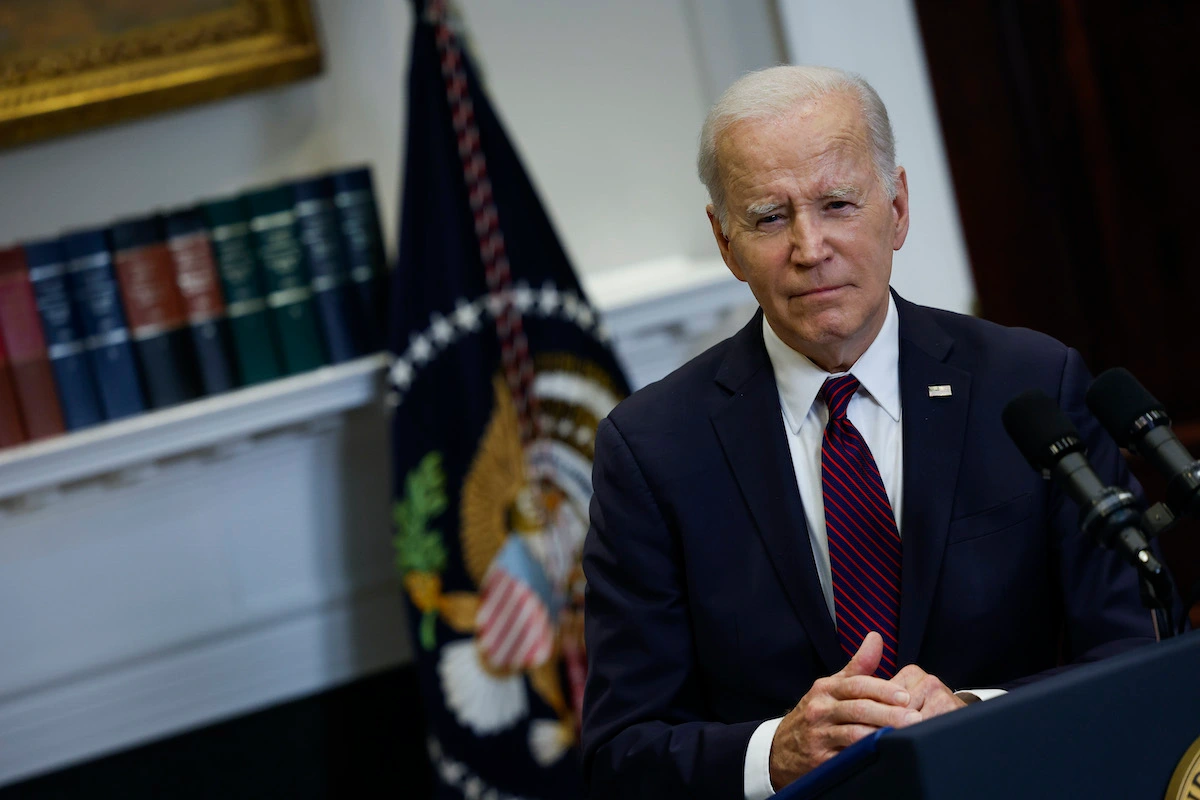Democratic and Republican negotiators in the United States are engaged in high-stakes discussions as they strive to reach a consensus on raising the country’s debt ceiling. With crucial disagreements still unresolved, both sides face significant challenges in finding common ground before the self-imposed borrowing limit is breached. The outcome of these negotiations holds immense consequences for the nation’s financial stability and economic well-being.
Time is of the essence for Democratic President Joe Biden and Republican House of Representatives Speaker Kevin McCarthy, who must strike a deal before the federal government’s borrowing limit is reached. Failure to do so could result in a catastrophic default that would have far-reaching implications.
Negotiators have made some progress, having reached agreements on funding for the Internal Revenue Service and the military. Additionally, a proposal for a two-year extension of the debt limit has been put forward. However, the unresolved matter of work requirements for certain anti-poverty programs has become a major sticking point.
The debate centers around work requirements for programs such as Medicaid and SNAP. Lead Republican negotiator Garret Graves has emphasized the existence of significant issues that still need to be resolved, particularly highlighting the disagreement over work requirements. The Republican proposal calls for childless adults under 56 years old to demonstrate employment or job-seeking activities to qualify for these programs. Democrats, however, oppose these work requirements, arguing that they would create unnecessary bureaucratic hurdles and exclude deserving individuals from receiving assistance.
The implications of failing to raise the debt ceiling within the coming week are dire. A potential default would severely impact financial markets and could trigger a deep recession. Investors are closely monitoring the negotiations, with Wall Street’s main indexes displaying optimism in the hopes of progress being made.
An agreement to extend the debt limit for two years would provide Congress with additional time to address the issue, postponing any further discussions until after the 2024 presidential election. This temporary solution could relieve immediate pressures and allow for a more comprehensive approach in the future.
In addition to the ongoing debates, leaders from both parties face the challenge of garnering enough support for the deal in Congress. Right-wing Republicans are demanding substantial spending cuts as part of any agreement, while Democrats resist the inclusion of new work requirements. Achieving a delicate balance that satisfies both sides will be crucial for a successful outcome.
Lawmakers have temporarily left Washington for the Memorial Day holiday, but they have been advised to remain prepared to return for voting once a deal is struck. House of Representatives leaders have announced that legislators will have three days to review the agreement before voting. It should be noted that any single senator can potentially delay proceedings for an extended period.
The negotiations to raise the US debt ceiling are at a critical juncture, with Democratic and Republican negotiators grappling with significant challenges. The outcome of these discussions will impact the nation’s financial stability and economy. As the clock ticks, it is imperative for both sides to find common ground and strike a deal that averts a potentially disastrous default, ensuring the country’s continued financial health and well-being.




